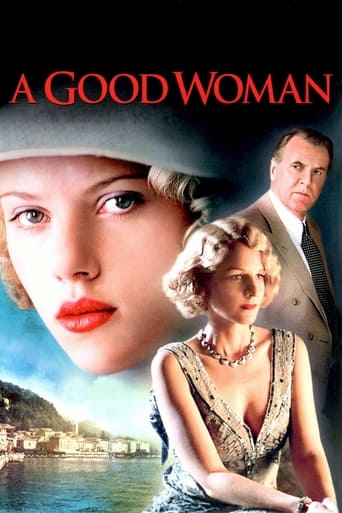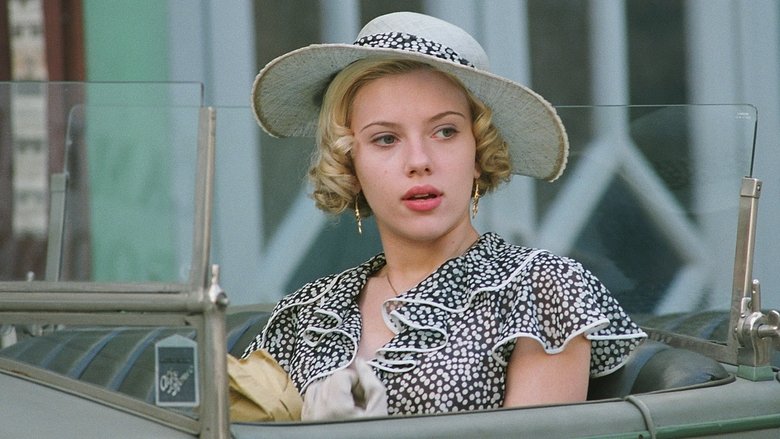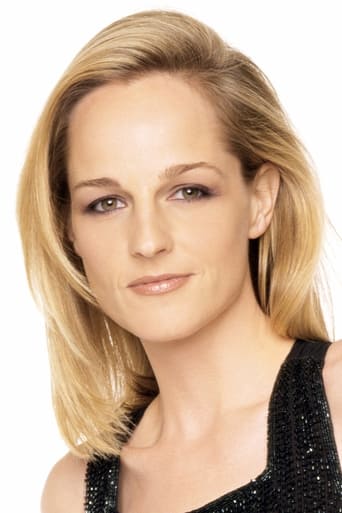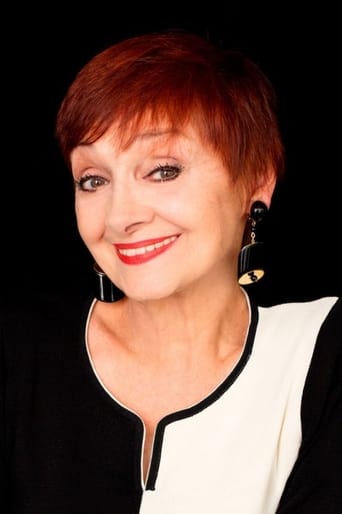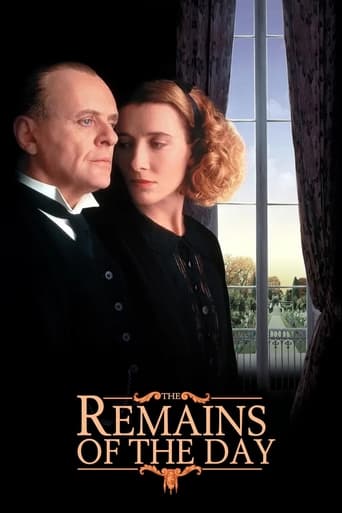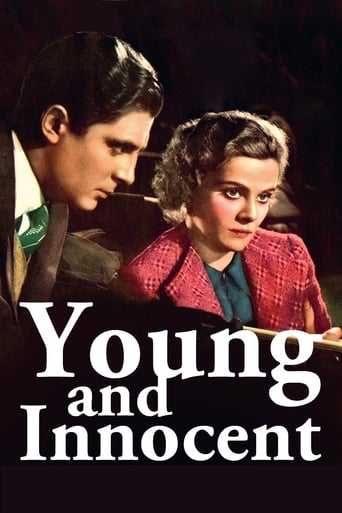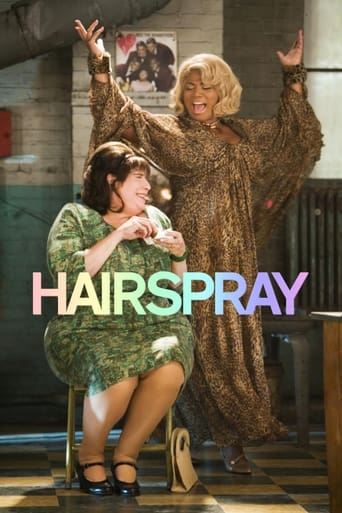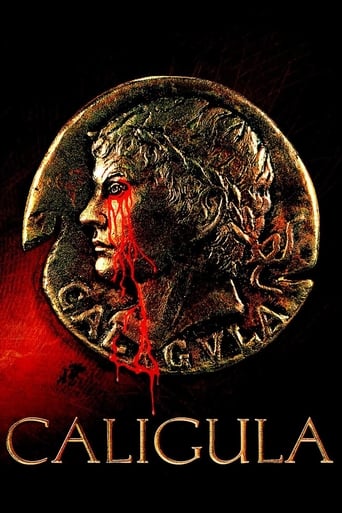A Good Woman (2006)
Fleeing 1930s New York and leaving behind a chequered past, the giltzy divorcee Mrs Stella Erlynne travels to Italy's sun-dappled Amalfi coast. Mrs Erlynne's appearance causes a stir amongst the visiting aristocracy. Based on the Oscar Wilde play "Lady Windemere's Fan."
Watch Trailer
Cast
Similar titles
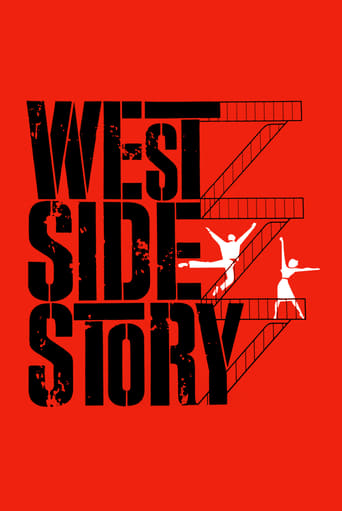
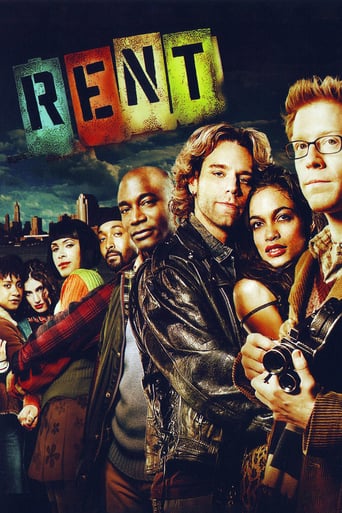
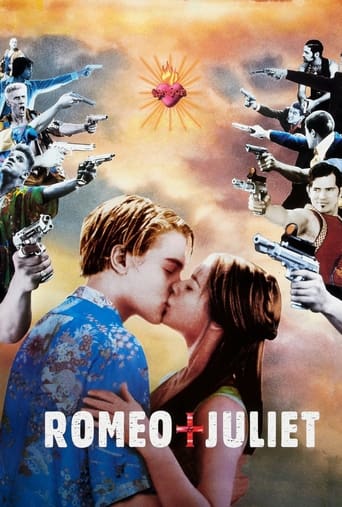
Reviews
Simply Perfect
A lot of perfectly good film show their cards early, establish a unique premise and let the audience explore a topic at a leisurely pace, without much in terms of surprise. this film is not one of those films.
It's the kind of movie you'll want to see a second time with someone who hasn't seen it yet, to remember what it was like to watch it for the first time.
It is an exhilarating, distressing, funny and profound film, with one of the more memorable film scores in years,
This is the third screen version of Oscar Wilde's "Lady Windermere's Fan"; earlier versions, neither of which I have seen, were made by Ernst Lubitsch and Otto Preminger. "A Good Woman", a phrase which occurs a number of times in the script, was Wilde's original title for his play. He was persuaded to change it, but the filmmakers have revived it, probably because the plot of the film is significantly different from that of the play.The greatest difference is that the film is not set in the London of 1892 but in Amalfi in 1930. (Strangely for a film set in thirties Italy there is no mention of Mussolini or Fascism). The main characters are all wealthy Britons or Americans on holiday. Lord and Lady Windermere become Robert and Meg Windermere, a pair of American newlyweds on their honeymoon. (In the play Lord and Lady Windermere had been married for about two years and had a young son; Lord Windermere's Christian name was Arthur).Meg wrongly believes that Robert is having an affair with Stella Erlynne, an ageing New York society beauty notorious for her scandalous affairs, especially with married men. Her faith in her husband shattered, she resolves to leave him for Lord Darlington, a wealthy British playboy visiting Amalfi on his yacht. Mrs Erlynne, fearing that Meg is about to take a step which will ruin her life and reputation, takes a dramatic step to prevent this and to bring about a reconciliation between Meg and Robert.The point of relocating the action from the drawing-rooms of London to the Amalfi coast was presumably to provide some spectacular scenery to make the film more visually attractive, and the point of making some of the characters American was presumably to provide roles for Hollywood names like Helen Hunt and Scarlett Johansson. The point of updating the action from the 1890s to the 1930s escapes me.Transplanting the action of an Oscar Wilde play, whether in place or in time, is in any case an operation fraught with risk. Wilde is sometimes regarded as a primarily comic playwright, but of the four so-called "drawing-room comedies" on which his reputation as a dramatist primarily rests only "The Importance of Being Earnest" is a pure comedy. The others, including "Lady Windermere's Fan", although they contain a good deal of witty dialogue, are essentially dramas on a serious theme, combining satire with social comment. The prime target of Wilde's satire is the hypocrisy of the British upper classes among whom his plays are set, especially their double standards about sexual matters. They are prepared to turn a blind eye to adultery provided that it remains discreet, but can be mercilessly unforgiving, especially to erring wives, when it results in public scandal or in pregnancy outside marriage. Many of Wilde's characters, including Mrs Erlynne, are hiding a guilty secret. His interest in this topic was doubtless due to the fact that he was himself obliged to keep his sexuality secret and that, as a gay man, he belonged to a class even more despised by society than unmarried mothers or unfaithful wives.One problem with this film is that, by the 1930s, British society was rather more tolerant towards divorce than it had been in the 1890s, and American society more tolerant still. (There were a number of Hollywood films about divorce during the period, although the British cinema generally steered clear of the topic). The filmmakers do seem to have been aware of this problem, as they make a few changes to the plot to compensate, but unfortunately these changes upset the subtle balance of Wilde's play.Wilde's Mrs Erlynne was a woman who made one mistake in her youth and spent the rest of her life paying for it. As such a person would not have been shunned in 1930s New York in the same way as she would have been in 1890s London, the scriptwriters here make her a woman who has led a notoriously promiscuous life, but Helen Hunt's Stella Erlynne comes across as so cold, selfish and vicious that even her redeeming act of self-sacrifice towards the end is not enough for the audience to accept her as the "good woman" of the title. Wilde's Lord Darlington, despite his faults, was at least genuinely in love with Lady Windermere. Here he is an obvious cad with no feelings for anyone except himself, but the result of this change is to make us wonder why Meg, or any woman in her right mind, could ever have contemplated eloping with such a bounder.The scriptwriters obviously felt that "Lady Windermere's Fan" does not contain enough Wildean bons mots, because they try to remedy the deficiency by importing some of his more famous epigrams from other plays, not realising that, outside their original context, these witticisms either lose their meaning or become liable to misinterpretation. The line, for instance, about America being the only country to have gone from barbarism to decadence without an intervening period of civilisation does not reflect Wilde's personal view but rather the prejudices of a bitter, cynical character in "A Woman of No Importance", the play from which it is taken.The best acting contributions come from Tom Wilkinson as Mrs Erlynne's lover Lord Augustus and Stephen Campbell Moore as Darlington, the only actors who seem at home with Wilde's style. Most of the others make little impression. Johansson, who can be so good in the right role, as she was in "Girl with a Pearl Earring", makes an insipid, milk-and-water Meg.My overall impression was that the filmmakers were trying to make a "heritage cinema" style drama, along the lines of "A Month by the Lake", another film about Anglo-American holidaymakers in thirties Italy. Unfortunately, although this style may be well suited to the works of H.E. Bates, it seems quite wrong for Oscar Wilde. 5/10
Why would a filmmaker make a period film, but alter the period by 30 years? What was gained by placing the story in the 1930's instead of the 1900's? Did it seem like audiences would swarm to a film placed in the 30's, but snub a film set at the turn of the century? I just don't get it.Why would a filmmaker adapt a story by a quintessentially British playwright about a quintessentially British milieu to place it in Italy rather than Britain and populate it with people who are Americans and Italians instead of British? Part of the point of Wilde's satire is, thus, completely lost.Having been enchanted by 2 adaptations of "The Importance of Being Earnest" and another adaptation of "The Ideal Husband," I eagerly anticipated "A Good Woman." I was very disappointed. The reconciliation of Tuppy and Mrs. Erlynne in the end improved my rating a point or two. The great costumes and sets are another saving grace - despite the fact that they, too, betray Wilde's original setting. The main problem is that all of the actors are portraying characters that are totally foreign to Oscar Wilde (in more ways than one). None of them is true to the roles conceived by Wilde, and essential to the creation of the comic satire he wrote! In particular, 4 of the 5 principals are waaaay too consistently earnest! No nuance. However, this doesn't seem like a problem with the acting, per se, but with the direction.I fault Helen Hunt no more than the other cast members. Her fault lies primarily in the fact that the director has misinterpreted her character and also made her an American. That's not her fault; it is the director's for changing the character. Scarlett Johansson is not terrible, either. Like Hunt, she is wrong mostly because her role is all wrong.Even the other British actors seem to be slightly off-key. Darlington is about as far off as the miscast American actors. Cecil, Dumby and Lady Plymdale come closest to capturing Wilde's spirit. But the audio and staging of many scenes makes much of their dialog difficult for an American audience to understand clearly. Among the actors, Tom Wilkinson alone impressed me. The blame for this disappointing movie can be laid squarely in the lap of the director. Beyond the poor decision to relocate the story in place and time, and beyond the decision to alter nationalities, he has completely misinterpreted Oscar Wilde. He has directed a light drama, rather than the light, comic satire written by Wilde. In Wilde's plays, all of the fun revolves around a combination of characters who take themselves too seriously, characters who are supercilious and characters who verbally amuse themselves at the expense of the others. One of Wilde's primary purposes is to satirize a certain milieu of turn-of-the-last-century British society. When the nationality of many of the characters is inexplicably altered, the satire is utterly lost. Moreover, everybody is waaaaay too serious in this film. As a result, the entire tone of the movie has nothing to do with Oscar Wilde. The soundtrack also makes this a drama rather than a comedy. The music, like the characters, is waaaaay too serious. Not a light note or a hint of comedy anywhere in the music. What a pity, I do so like Wilde's work. With the production values of this movie, it could have been really great.Either the director was attempting to transform Wilde into something he is not, or he is clueless about Wilde in the first place. I tend to believe the latter.
Somewhere in the 6.5 to 7 range. Neither female lead seemed to fit their parts. Hunt either chose or was directed into a flat performance, I suppose to simulate a woman with toughness, but her actions and reactions often seemed brittle and unreal. Johansson is simply miscast and that's not her fault. The story/editing broke her performance into pieces so that an understanding of who her character was never happened. I never felt I understood her or a cared about her. The witticisms are funny but are delivered seemingly out of the body of the movie, like one-liners that had nothing to do with the rest of it. The film is pretty, costumes fit, most performance are fine, but as a whole the movie didn't work for me.
This is a hugely entertaining film bursting with class.Set in the high society of the 1930's, we follow the adventures of a 'sophisticate' who now seeks her fortune from the rich and famous in the Italien Riviera.Super locations,lovely costumes and an engrossing tale beautifully scripted and performed. Indeed the dialogue is so good it sometimes seems like it comes out of a book of quotations!All the actors are outstanding and the lead female is iconic and sensual. This movie had me absorbed from start to finish and all in all is worthy of at least:8/10.
